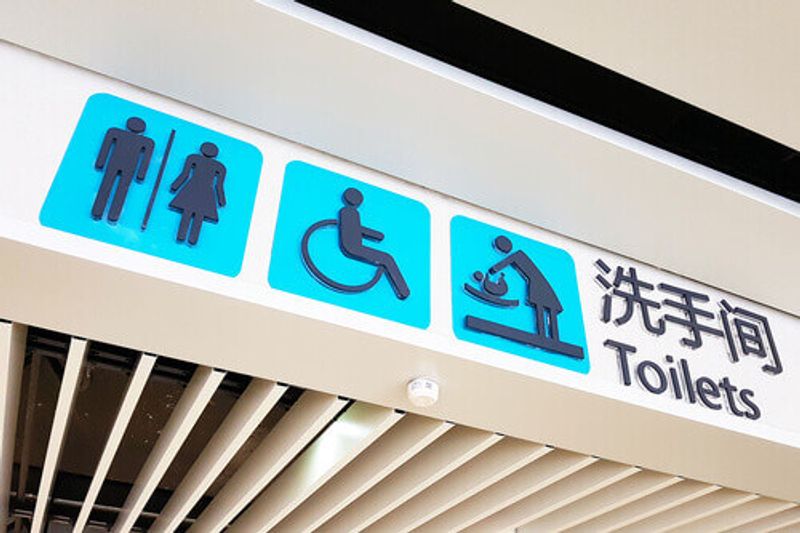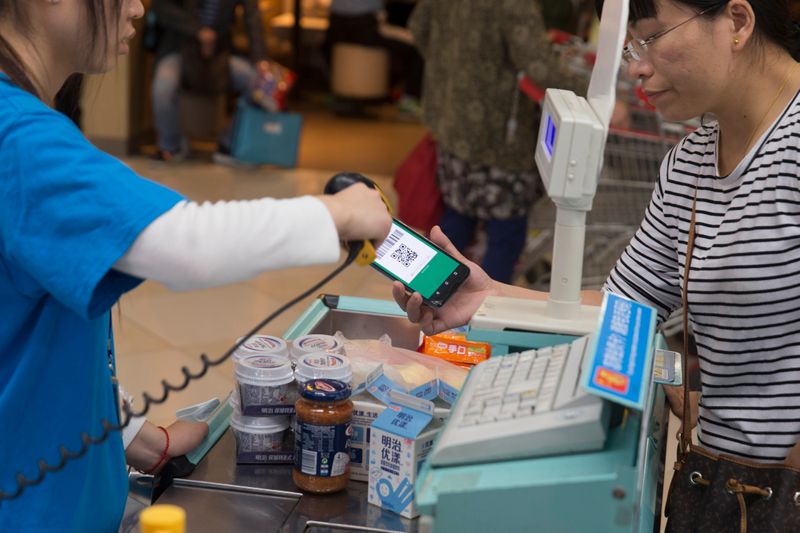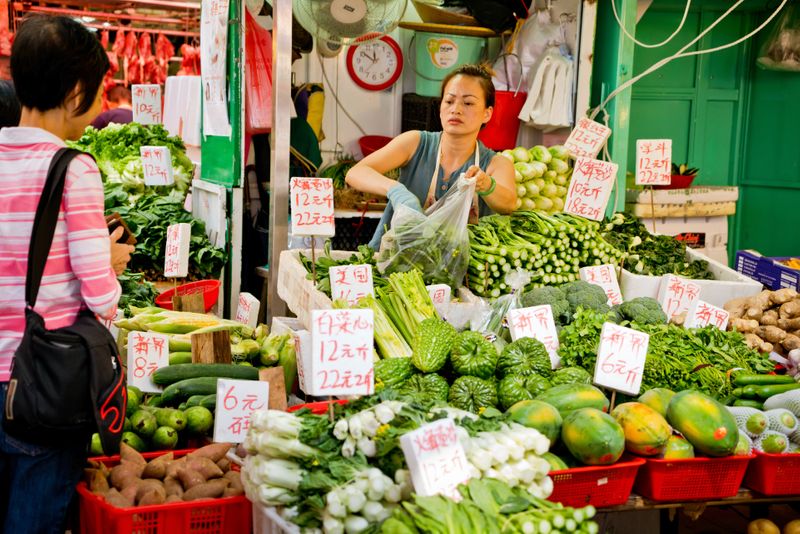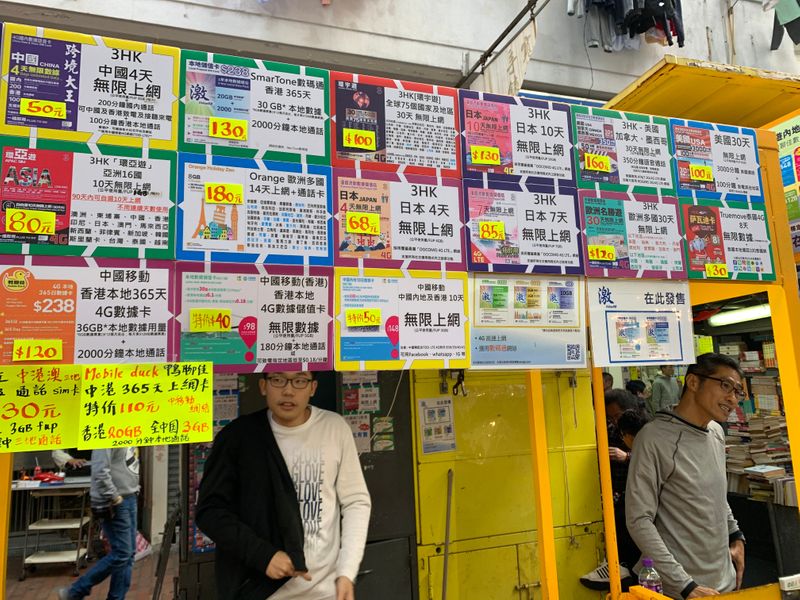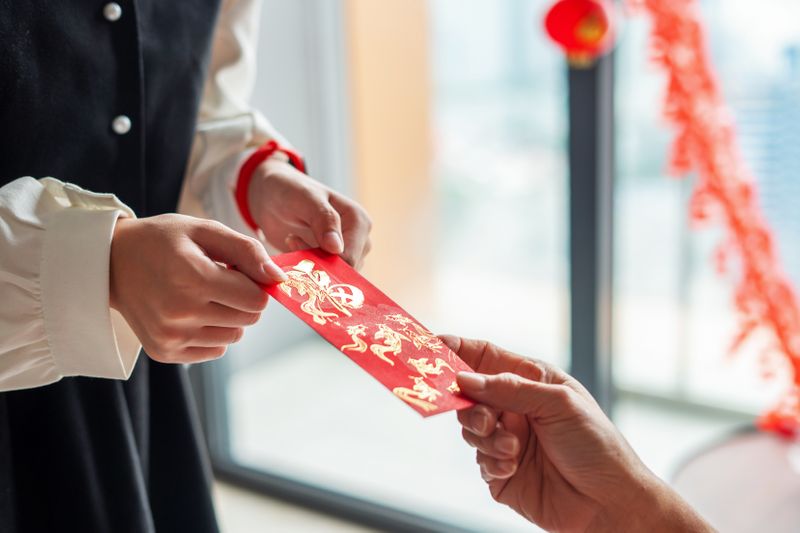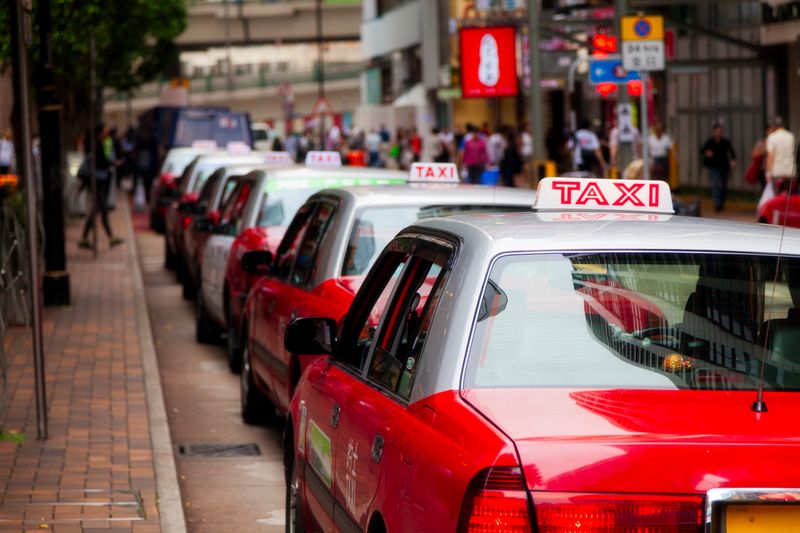Planning a China travel adventure? You’re not alone if your curiosity is tangled up with a few... awkward questions. China is thrilling, intense, and packed with cultural differences that can leave even seasoned travellers wondering what they’re really in for. From squat toilets and social etiquette to the mysteries of Chinese internet access, this guide explores the quirky, confusing, and slightly embarrassing things you’ve always wanted to know but didn’t quite have the nerve to Google.
Whether you’re mapping out a dream China itinerary or nervously packing tissues “just in case,” here’s everything you didn’t realise you needed to know before take-off.
Will I have to use a squat toilet?
Squat toilets remain a reality in much of China, particularly outside the major hotel chains or high-end restaurants. You'll usually find squat-style cubicles lined up side by side in public restrooms, at train stations, parks, or small eateries, with perhaps one Western-style option tucked away at the end.
It’s true that squat toilets are widely believed to be more hygienic, as they eliminate direct contact with shared surfaces. For many Chinese people, the idea of sitting on a seat where someone else’s bare skin has been is uncomfortable. That’s why travellers sometimes report finding footprints on toilet seats, because squatting over them feels cleaner to someone raised with that norm.
If squatting isn’t for you, keep an eye out for hotel bathrooms, department stores, or tourist attractions where Western toilets are more likely. Also, do yourself a favour: pack tissues, hand sanitiser, and maybe even a small pack of wet wipes. Toilet paper isn’t always provided, and soap is far from guaranteed.
Did you know?
Some high-tech public toilets in major cities now use facial recognition to dispense toilet paper. It’s designed to prevent waste, but it’s also oddly futuristic.
Do people really spit in the street?
You might have heard about China’s public spitting habit, and while it’s much less common today, you may still see it, especially outside of cities. It’s rooted in old beliefs about health, where clearing out phlegm or excess saliva was considered beneficial. Rather than being rude, it was once thought to be responsible.
That said, modern attitudes are changing fast. After SARS and COVID-19, health authorities launched campaigns to discourage public spitting. In places like Beijing and Shanghai, you’re more likely to see signs asking people to refrain, and younger generations tend to follow these social cues.
Still, don’t be too surprised if you spot someone hocking into the gutter or a taxi driver casually opening the door at a red light to clear their throat. It’s just part of the day-to-day rhythm in many parts of the country.
Will strangers take photos of me?
In tourist hotspots like the Great Wall of China or the Terracotta Warriors, you’ll blend in with crowds of fellow travellers. But outside major tourist zones, you might find yourself the subject of attention, especially if you look distinctly foreign.
People may stare, smile, or even ask for a photo. This isn’t meant to be invasive or rude. For many locals, especially in more remote areas, seeing an international visitor is still a novelty. Children might wave excitedly, and elderly residents may simply be curious.
If someone asks to take a photo with you and you’re not comfortable, a polite shake of the head and a smile usually gets the message across.
What’s the deal with the internet? Can I use Google?
Internet access in China works a little differently to what most travellers are used to. While Wi-Fi is available in hotels, airports, and cafes, the list of blocked sites is long. This includes Google, Gmail, YouTube, Facebook, Instagram, WhatsApp, and many international news outlets. Even the simplest Google search will come up blank.
The solution? A Virtual Private Network (VPN). This software reroutes your connection through another country, giving you access to the services you normally use. But there’s a catch: VPNs must be downloaded before you arrive in China, as many of their websites are blocked once you're inside the country.
Need to access Google, Instagram or WhatsApp in China? Here’s how to stay connected:
- Download a VPN before your trip: Once in China, VPN websites are blocked.
- Test it at home first: Make sure it works across all your devices.
- Popular VPNs include ExpressVPN, NordVPN, and Surfshark.
- Install translation and mapping apps before arrival (e.g. Pleco, Baidu Maps).
Pro Tip: Wi-Fi is widely available in hotels and cafés, but you’ll need a VPN to access your usual sites. Be prepared for slower speeds when using it.
Did you know?
China’s tech ecosystem is incredibly advanced. Apps like WeChat and Alipay are used for everything—from messaging to ride-hailing, bill-splitting, hotel check-ins and mobile payments.
Will I be able to drink the tap water?
Tap water in China isn’t safe to drink without boiling or filtering it first. In Chinese hotels, you’ll usually be provided with bottled water or access to a kettle. Avoid using tap water to brush your teeth unless you're certain it's been purified.
If you’re out and about, stick to sealed bottled water. And keep an eye on ice in drinks, particularly at smaller or local eateries. When in doubt, choose drinks that are bottled, canned, or served hot.
Will I be pressured into buying things I don’t want?
Pushy sales tactics do happen, particularly in markets or tourist-heavy shopping areas. You may encounter sellers who follow you down the street, persistently encouraging you to take a closer look or “just try.” Sometimes, it’s easier to walk away than to say no five times in a row. Read our guide to haggling and only pay what you think something is worth.
There are also a few well-known scams to keep an eye on. The most common is the tea house scam, where a friendly young person invites you to experience a traditional tea ceremony. It’s all smiles—until you’re hit with a wildly inflated bill.
Similarly, the art student scam usually starts with a conversation and ends in a small gallery, where “students” pressure you to buy overpriced artwork. These scams are often staged near major attractions and rely on catching you off guard. Your local Inspiring Vacations tour guide will help you avoid any sneaky tactics during your trip.
China safety tips for first-time travellers
Scams are rare in the grand scheme of things, and China remains one of the safest countries for travellers. Just be aware of your surroundings and trust your gut. For up-to-date travel information, visit the China Tourism Board website.
Most trips to China are safe and trouble-free. That said, it’s wise to keep these tips in mind:
- Scams are rare but possible, especially near major tourist sites.
- Avoid the “tea house” and “art student” scams—if it feels too friendly too fast, trust your gut.
- If shopping in markets, haggling is expected—but always be polite and willing to walk away.
- Stick to well-lit, busy areas at night, especially if travelling solo.
- Keep your valuables secure in crowded places like metro stations or night markets.
Again, for peace of mind, your Inspiring Vacations tour guide will help you navigate confidently and avoid common pitfalls.
Will my mobile phone work? Should I get a SIM card?
Your phone will likely connect to Chinese networks, but roaming fees are notoriously steep. The better option is to purchase a local SIM card when you arrive, usually at the airport or a certified mobile shop. You’ll need your passport, and the process is usually straightforward.
A starter SIM with enough data for maps, translation apps, and messaging will cost around ¥100, and it’s a good way to stay connected on the go. If your phone uses eSIM, you can even set this up digitally before departure.
Can I handle local etiquette without offending anyone?
Cultural etiquette in China can feel unfamiliar at first, but locals are generally understanding and forgiving toward visitors. Still, it helps to know a few simple customs. Avoid cultural mistakes in China with these tips:
- When receiving a gift or handing over money, use both hands.
- Avoid sticking chopsticks upright in a bowl of rice—it resembles funeral offerings.
- Don’t point with a single finger; use an open hand instead.
- It’s polite to let the eldest person at the table start eating first.
You’ll notice that personal space can feel smaller in crowded areas, queues may feel more like suggestions, and direct eye contact isn’t always the norm.
Locals are usually very forgiving of cultural slip-ups, but making the effort is appreciated.
What is public transport like in China? Will I be able to manage?
China’s public transport is efficient, modern, and surprisingly easy to use—if you know what to expect.
High-speed trains are one of the best ways to get around, especially between cities like Beijing, Xi’an, and Shanghai. They're fast, clean, punctual, and often more convenient than domestic flights. Stations are large and well-signed, with English-language ticket machines and apps like China Train Booking making the process smooth.
Metro systems in cities like Guangzhou and Chengdu are reliable, cheap, and tourist-friendly, with signs in English and Chinese. For buses, you’ll need more local knowledge or a travel guide’s help. Routes can be tricky without language skills.
Taxis are common and affordable. Just remember:
- Not all drivers speak English
- Some may not use the meter unless asked
- Have your destination written in Chinese or saved in a translator app
Want to avoid the hassle? Use ride-hailing apps like DiDi. They work like Uber and are widely available across China.
What if I can’t speak any Mandarin?
Don’t let the language barrier stop you. While English is not widely spoken outside tourist areas, you can get by with gestures, patience, and the help of translation apps like Pleco or Google Translate (if you’ve got that VPN sorted).
Learning a little bit goes a long way. Here are a few Chinese phrasebook essentials:
- Nǐ hǎo (nee how) – Hello
- Xièxiè (shyeah-shyeah) – Thank you
- Duōshǎo qián? (dwoh-shaow chyen?) – How much?
- Bù yào (boo yow) – No, thank you
- Cèsuǒ zài nǎlǐ? (tsuh-swaw dzai nah-lee?) – Where is the toilet?
Our top 10 tips: What you really want to know about China travel
- Carry tissues, because many toilets don’t supply paper.
- Download a VPN before you arrive to access blocked websites.
- Use both hands when offering or accepting things—it’s polite.
- Bargaining is normal in markets. Start low and work up.
- Tap water isn’t drinkable—always choose bottled or boiled.
- Curious stares or photo requests may happen, especially outside cities.
- Don’t fall for tea or art scams. Walk away if unsure.
- Trains are excellent. Flying is fast. Taxis don’t always use meters.
- Locals are kind but may seem direct—don't take it personally.
- Have your hotel address written in Chinese to show taxi drivers or ask for directions easily.
Explore China with Inspiring Vacations
If you're keen to explore ancient wonders and cultural surprises with zero stress, Inspiring Vacations offers fully guided tours that make travelling across China easy, insightful, and enjoyable. From wandering Shanghai’s modern skyline to cruising down the Yangtze River, we handle the planning so you can enjoy every moment.
Browse our full collection of China tours with Inspiring Vacations and start planning your next adventure today.
